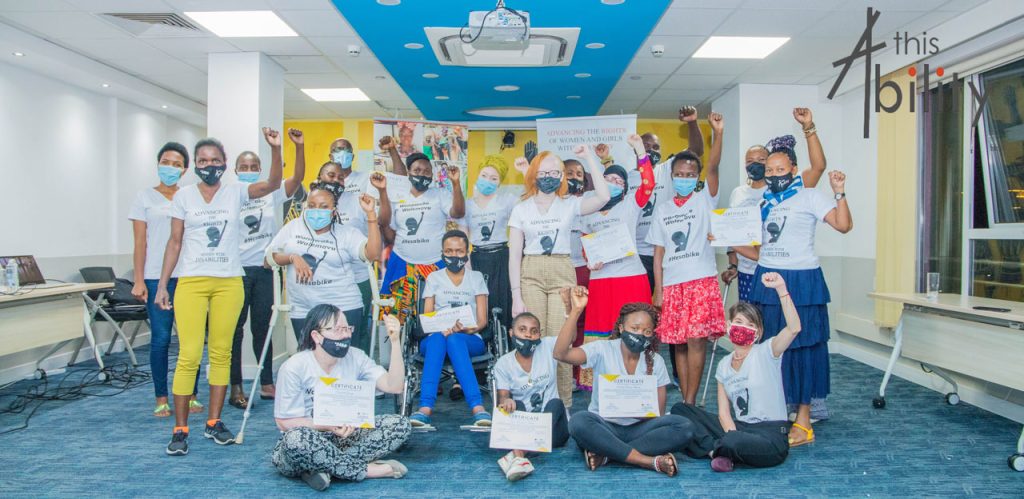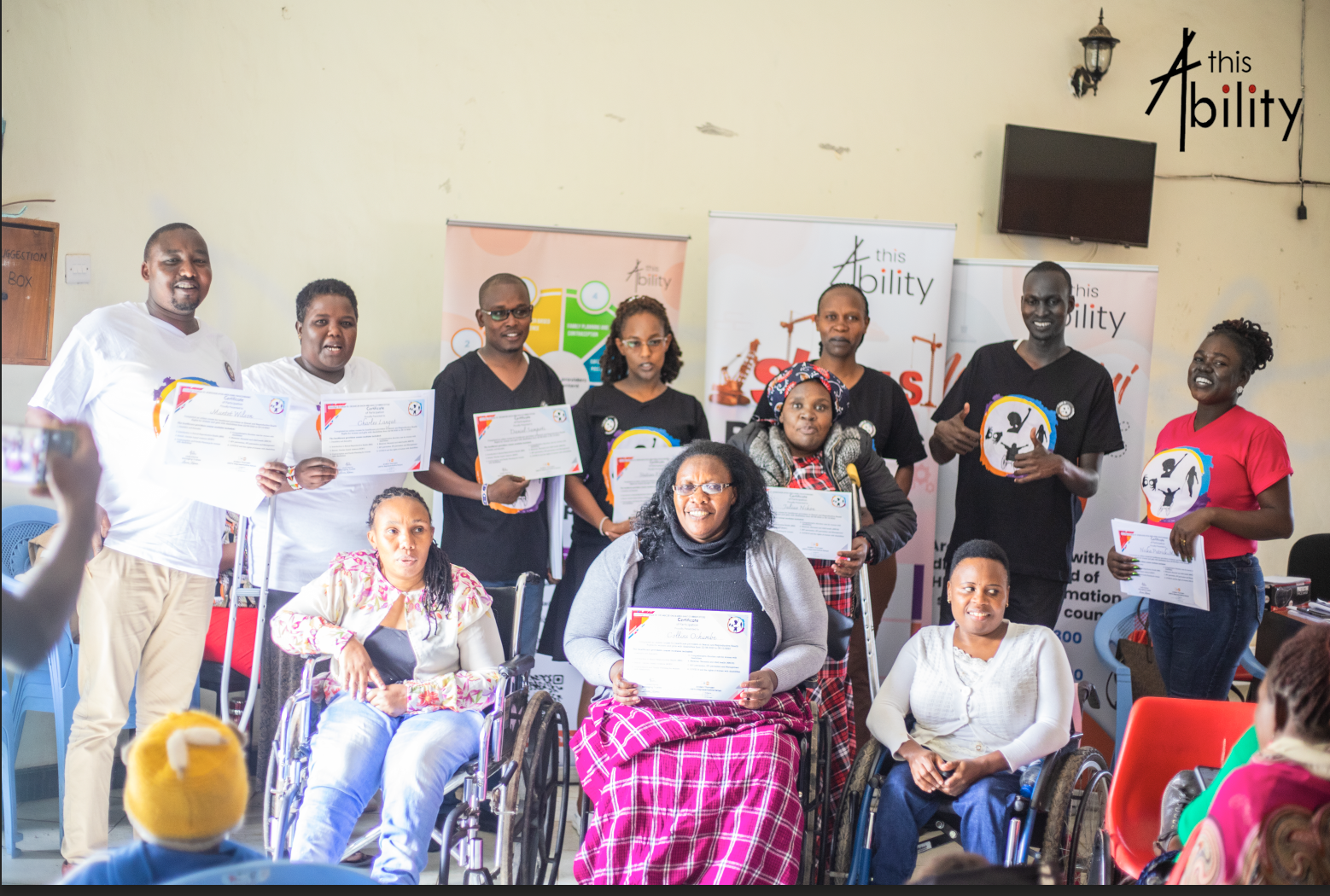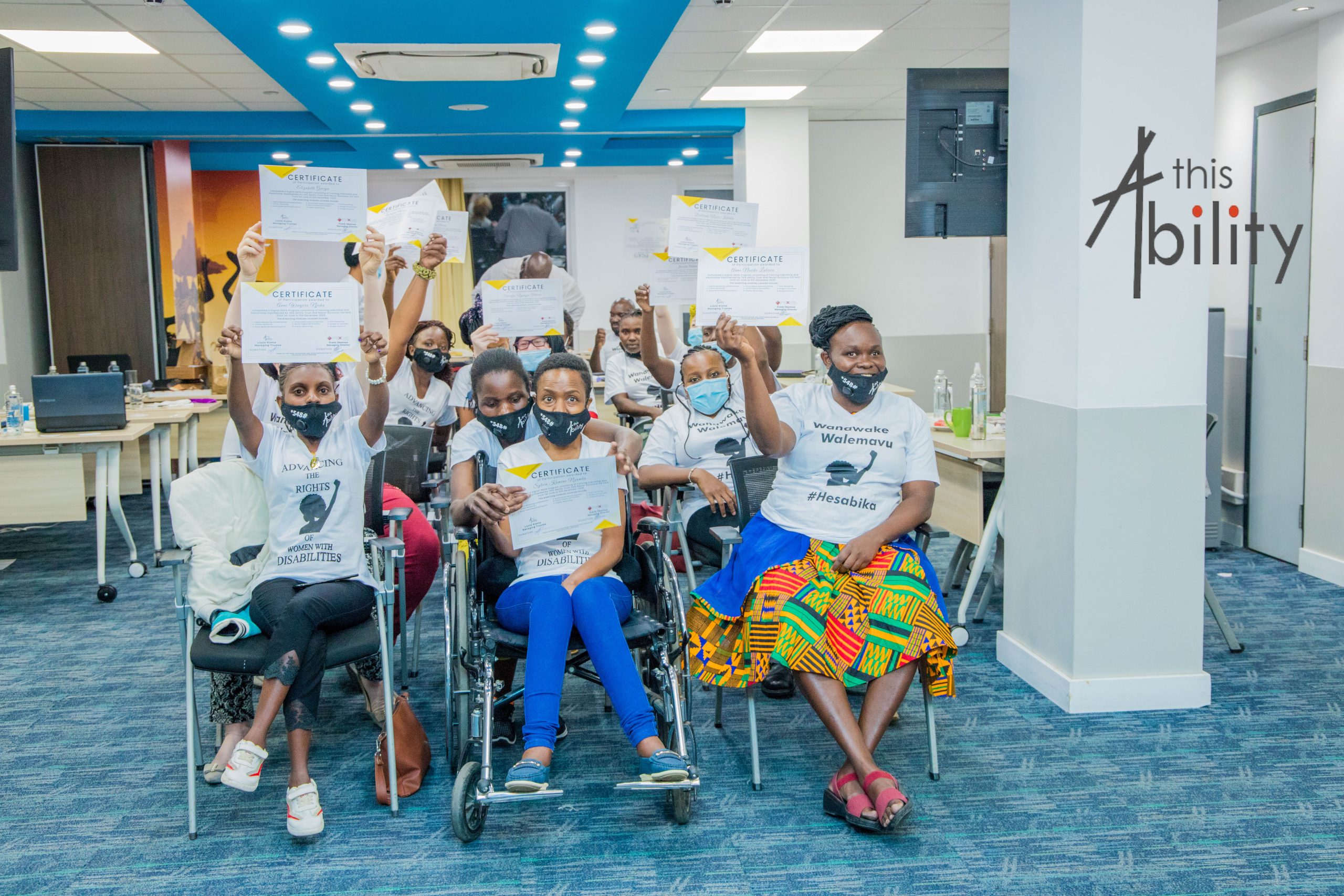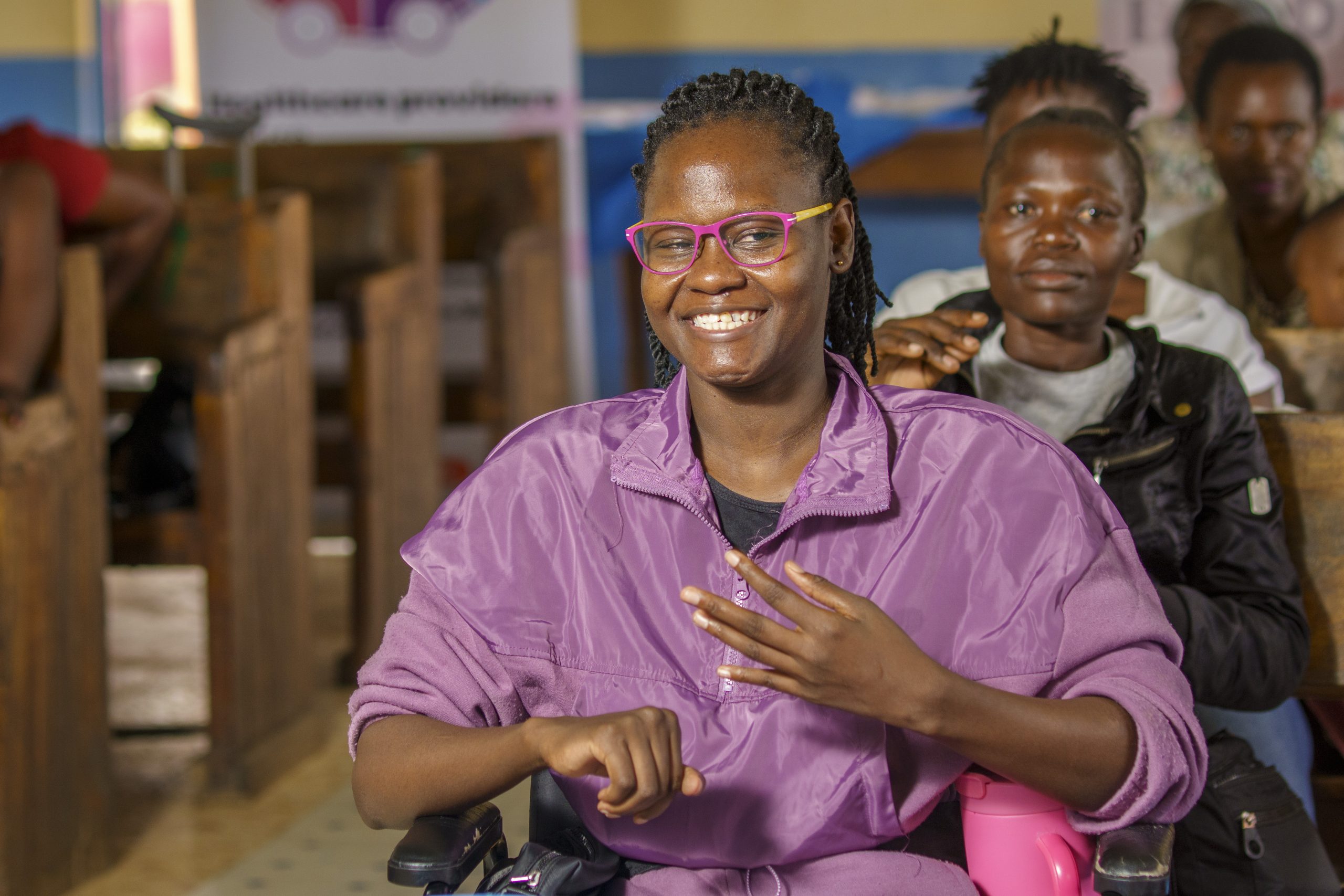Skills
Background
Women and girls with disabilities face significant barriers in accessing Sexual and Reproductive Health and Rights (SRHR) services, digital resources, and advocacy platforms due to systemic exclusion, stigma, and lack of inclusive policies. According to the World Health Organization (WHO), over 1 billion people live with disabilities globally, with nearly 20% being women of reproductive age. In Kenya, approximately 2.2% of the population comprises persons with disabilities, yet their access to SRHR services and digital tools remains extremely limited.
While specific global statistics on the percentage of women of reproductive age with disabilities are limited, it is acknowledged that women with disabilities face unique challenges in accessing SRHR services. Studies indicate that only 1 in 10 women with disabilities in Kenya can access SRHR services without discrimination. Many healthcare providers lack training in disability-inclusive SRHR, reinforcing negative stereotypes and perpetuating exclusion. Additionally, 80% of women with disabilities report experiencing gender-based violence (GBV), yet most SRHR policies and services fail to address their specific needs.
Digital literacy is a crucial tool for accessing SRHR information, yet young women with disabilities are disproportionately excluded due to a lack of assistive technology, inaccessible digital platforms, and limited skills in navigating online spaces. The digital divide prevents them from engaging in advocacy, learning about their rights, and accessing essential healthcare information. A 2022 study by the GSMA found that women with disabilities in low-income countries are 50% less likely to use mobile internet compared to men without disabilities.
The digital exclusion further marginalizes women with disabilities, limiting their ability to participate in decision-making and economic opportunities.

This Ability Trust is committed to addressing the systemic exclusion of women and girls with disabilities in accessing Sexual and Reproductive Health and Rights (SRHR) services, digital resources, and advocacy platforms. With only 1 in 10 WGDs in Kenya able to access SRHR services without discrimination and 80% experiencing gender-based violence, the Trust trains healthcare providers on disability-inclusive SRHR, ensuring more accessible and stigma-free healthcare. Recognizing that women with disabilities are 50% less likely to use mobile internet due to digital exclusion, the Trust empowers them through the Mama Siri and Digital Dadas initiatives, equipping them with digital literacy skills to access online SRHR resources and engage in advocacy.
Additionally, by strengthening Civil Society Organizations (CSOs) through policy briefs and advocacy training, the Trust drives systemic change, influences policies, and ensures that national health and digital inclusion strategies address the needs of women and girls with disabilities. Through these holistic interventions, This Ability Trust fosters a more inclusive healthcare system, bridges the digital divide, and amplifies the voices of women with disabilities in decision-making processes.

Long Term Goals
To establish a sustainable and inclusive ecosystem where women with disabilities, healthcare providers, and Civil Society Organizations (CSOs) have the knowledge, skills, and resources to promote and advocate for disability-inclusive SRHR services.Short Term Goals
To equip 20 Mama Siri, 40 young women with disabilities, 50 healthcare providers, and 20 Civil Society Organizations (CSOs) with foundational knowledge and skills in digital literacy and disability-inclusive SRHR through targeted training sessions, mentorship, and policy engagement by the end of 2025.Overall Objectives
To increase the skills and knowledge on Disability-Inclusive SRHR and Policy Advocacy among young women with disabilities and Mama Siri, healthcare providers, and Civil Society Organization (CSO) representatives by December 2025.
Expected Outcome
- Women with disabilities are equipped with the tools to advocate for themselves and challenge harmful norms through digital literacy training and comprehensive sexuality education. (Mama Siri/Digital Dadas)
- An increased number of healthcare providers are equipped with knowledge and capacities on the sexual and reproductive health rights of women and girls with disabilities. (HCP)
- Civil Society Organizations become stronger advocates for disability-inclusive SRHR at the policy and community levels. (CSO)
Our Courses

Disability Inclusive SRHR
We support healthcare providers in debunking myths and stereotypes attached to the sexuality of women with disabilities and increase access to healthcare services.

Digital Literacy
The program empowers young women with disabilities with digital literacy to increase entrepreneurial skills.

Advocacy and Accountabilty
This short course on Advocacy and Accountability focuses on empowering participants to effectively advocate for various social issues while promoting accountability in systems and policies.
